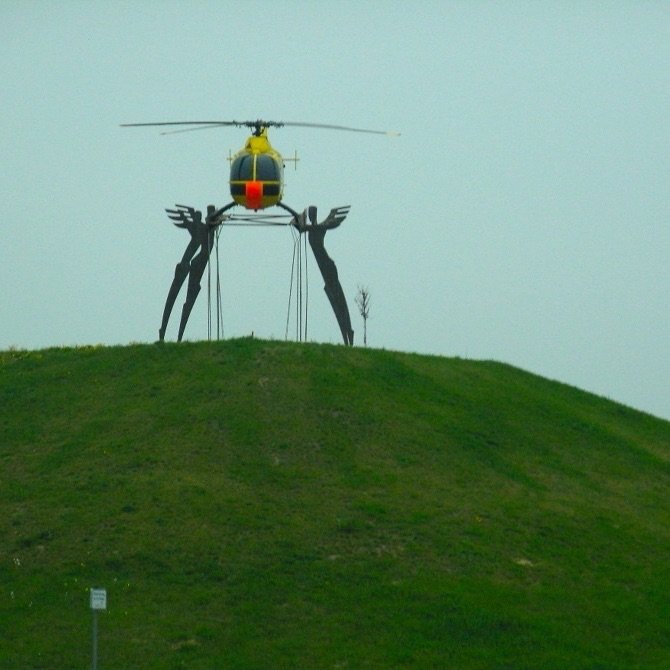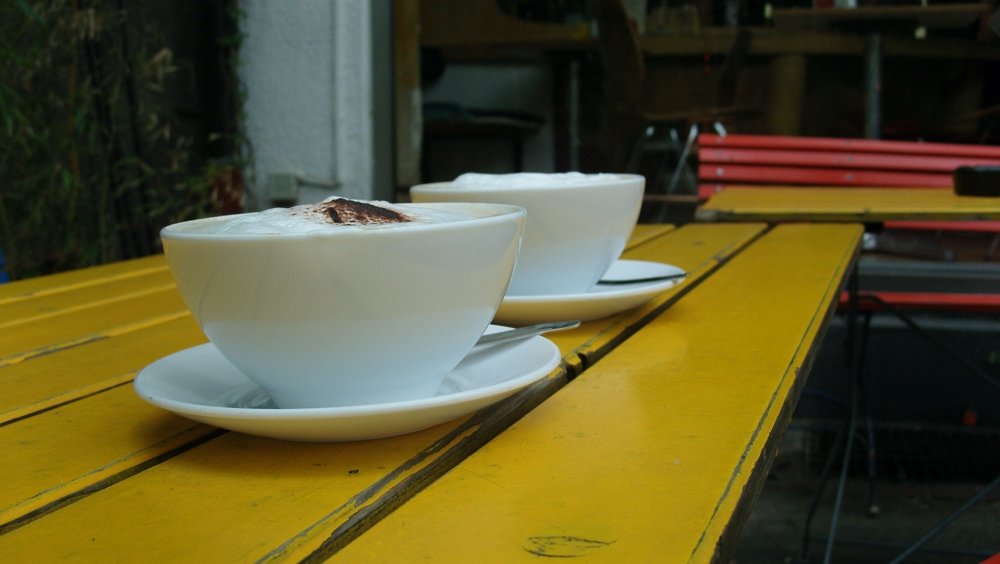Home & Family
POLITICS IN THE RUHR METROPOLIS
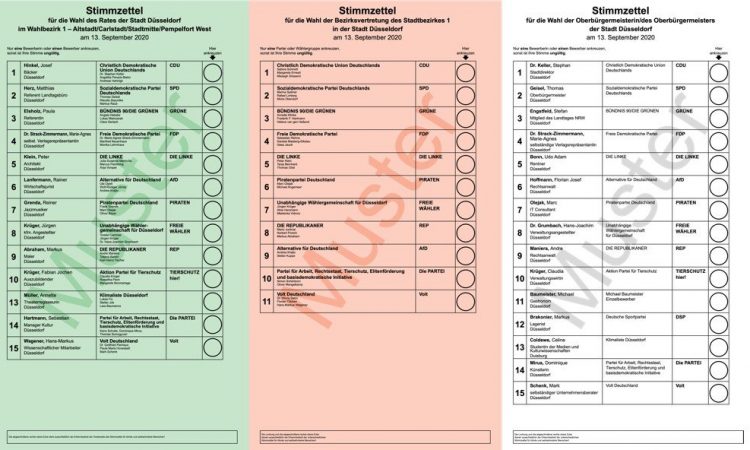
The Federal Republic of Germany possesses complex political checks and balances of power. Germans, including residents of the Ruhr Metropolis, have long become avid democrats where state elections can reveal a turnout of 70% and above. But votes are just the beginning.
Most people believe democracy reflects majority rule. The truth is, Germany is a classic example that it does not. Indeed, the British mother of them all resisted universal suffrage for centuries. Even Sir Winston Churchill is famously paraphrased in various ways. He considered democracy to be the worst system he knew, yet better that all the others.
In Germany too, minorities can hold enormous power even if the constitution presents barriers to many political initiatives. Most importantly, a 5% hurdle prevents parties entering parliament.
Political Parties in Germany
Two major parties offer slightly different versions of socially leaning leadership. The CDU or Cristian Democratic Union stands to the right of the SPD or Social Democratic Party. The choice is between their leaders. Angela Merkel has been around for a very long time and is stepping down in 2021. Her main opponent has varied. One is skilled as the incumbent but frustrates with procrastination, the other less known but respected for policy positioning. Merkel’s successor is expected to be Armin Laschet.
Simplicity ends with the Bavarian political movement CSU or Christian Social Union. The perpetual partner of the CDU is farther to the right in the political spectrum.
The liberal FDP or Free Democratic Party is small yet has played kingpin to share power in central government over several periods of legislation. It has lost direction and appeal to the populace for quite some time. The Green party is a creation of alliances over recent decades. It has also been a minor partner in coalition with the SPD to enjoy power in Berlin across the millennium.
The Left wing party has been around since reunification, achieving a fairly small but constant representation. The latest addition is the opportunistic AfD or Alternative for Germany. Formed only a few years ago, this party is on the far right, anti Euro, EU-sceptic, against immigration and Islam-phobic. Several more small, sometimes radical, left and right leaning parties exist.
Insights to Elections
Germans often struggle with the ever-increasing power their country has attained along with global expectations and demands placed upon their leadership in the world order. Most observers consider major topics in elections to be the continuity of social democracy, immigration, the Euro and the European Central Bank’s quantitive easing as well as trust in a strong leadership.
Direct nomination is balanced with party lists and proportional representation. When poll stations close, calculating the ensuing number of seats and possible coalitions in the lower house can be lengthy. The balance of power in the upper house reflects all parties in power in the sixteen German states.
EU legislation allows its citizens to vote in local and European elections held in the country where they are registered. In general elections expats are merely bystanders, even though they pay taxes and bring their skills as well as other influence to their chosen society.
Observers and polls regularly forecast the further rise of the AfD to enter parliament in a more widespread manner along with all the other aforementioned parties. Individuals and smaller minority parties stand for various elections, such as in the local and mayoral Kommunalwahlen. Consequences for Germany, the relationship with France and the EU, the United Kingdom, the Euro and major global policies can be expected whatever the election.
By Vincent Green / Jun 28 2021
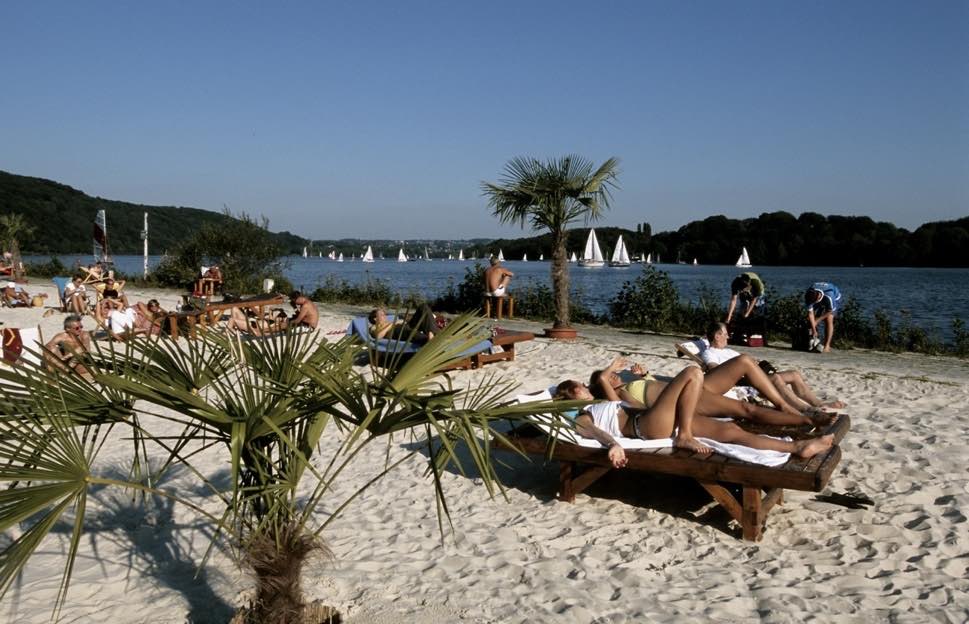
BEACHES IN RUHR
It may come as a surprise of newly arrived expats that beaches can be found in the Ruhr Metropolis. Fine sand and shingle are ideal for walking, playing, relaxing and picnicking. People flock to enjoy spaces beside the rivers and lakes, especially on warm and sunny summer days. Photo © Ralph Lueger.
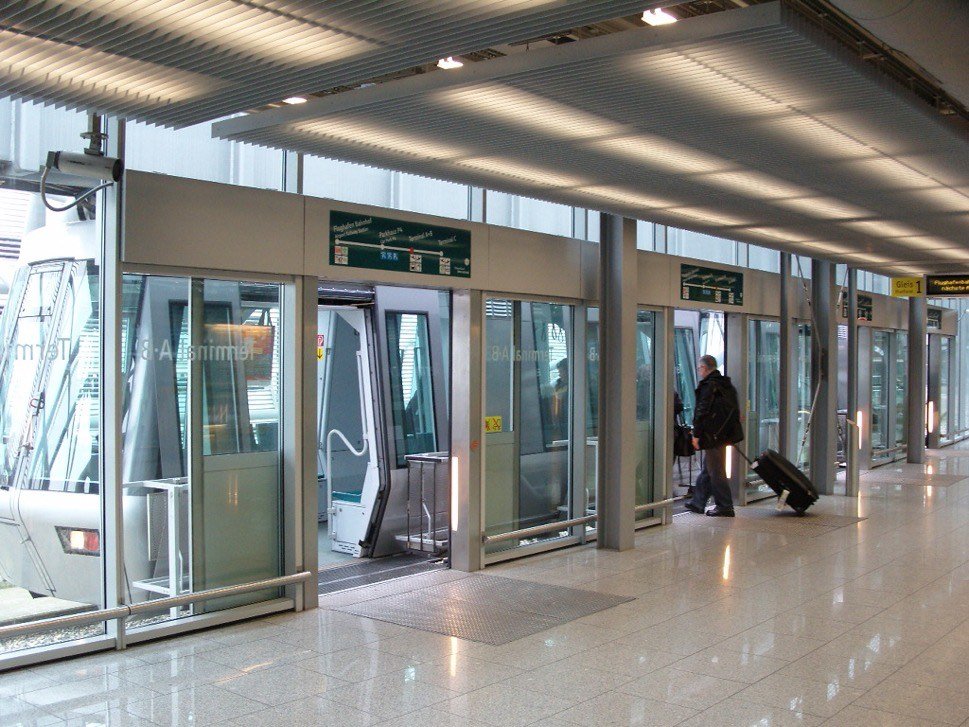
AIRPORT GETAWAY
The airport in Düsseldorf is located under thirty kilometres from the centre of Essen. DUS offers the Ruhr Metropolis easy access to many destinations worldwide. Journey times can vary enormously depending on the time of day. Public transport includes ICE or S-Bahn trains to the terminal via a Skytrain connection.
Socialising in the Ruhr
Staying in touch and getting together with others living in a similar situation can be important. Expat groups in social media are highly valuable sources for connecting. Socialising in the Ruhr Metropolis can include events, international clubs or heading for a popular spot to meet international residents.


